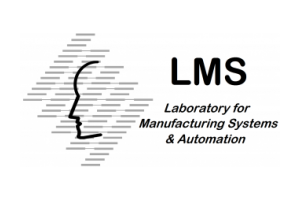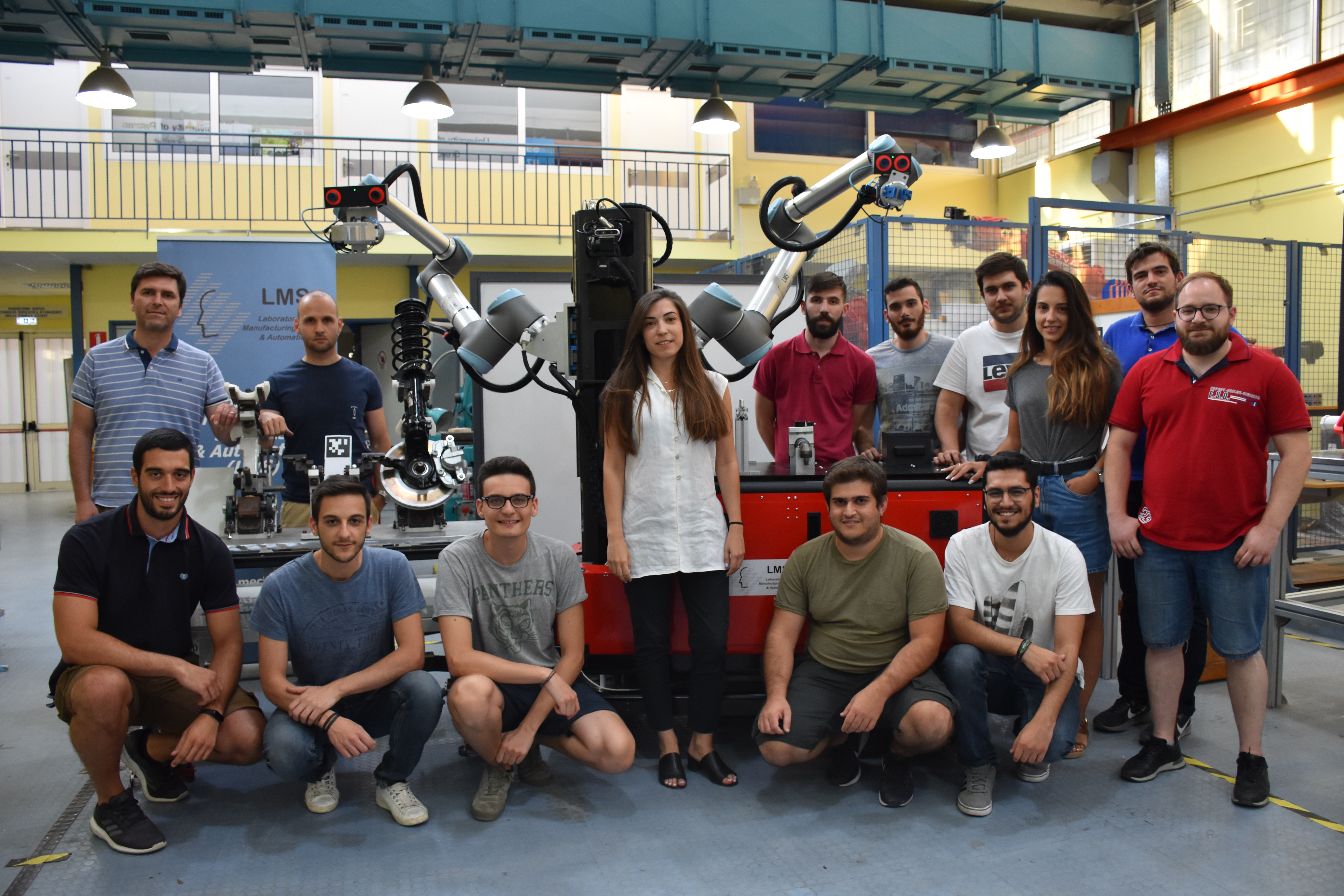Laboratory for Manufacturing Systems & Automation in University of Patras
-
0 comments

Who is the woman leading this innovation?
Niki Kousi is leading this innovation, she research engineer in the Laboratory for Manufacturing Systems and Automation of th eUniversity of Patras
About the innovator
The Laboratory for Manufacturing Systems & Automation (LMS) in University of Patras, is oriented on research and development in cutting edge scientific and technological fields. LMS is involved in a number of research projects funded by the CEU and European industrial partners. Particular emphasis is given to the co-operation with the European industry as well as with a number of "hi-tech" firms. Our laboratory is organized in three different groups as follows:
• Manufacturing Processes Modelling and Energy Efficiency,
• Robots, Automation and Virtual Reality in Manufacturing,
• Manufacturing Systems.
THOMAS project on Twitter
What is the innovation
We aim to create a dynamically reconfigurable shop floor, utilizing autonomous, mobile, dual arm robot workers. To enable this smart factory concept, we are developing a model-based decision-making system. This system employs smart digital models of the shopfloor containing information of the actual environment, including human operators, robots, parts and processes. A synthesis of multiple 2D-3D sensor data is used for the dynamic update of this digital world model based on the real time shopfloor status. AI enabled functions consume this model for identifying human presence and estimating their behavior. AI allows to calculate collision free trajectories and motion plans for the robot workers while re-organizing the scheduled work in cases of unexpected events. We are currently implementing this system in a use case from the automotive sector.
Out of the lab. Into the market
At LMS we are focusing on solving real life problems through industrially driven research activities. The Teaching Factory paradigm is implemented in parallel with our activities towards bridging the gap between research and industry. Under THOMAS EU-funded project, our solution is applied into the automotive sector creating a potential market of at least 310 factories in Europe. At the same time there are other applications such as in aeronautics that the project is also considering. Target after the end of the project is a technological spill over and capitalization by expanding the solution in other application areas through the industrial partners’ customer network.
Benefits of participation in Horizon 2020
Participating in EC-funded projects has allowed us to explore and promote the concept of cooperating robots for flexible manufacturing. With the help of a number of projects such as FP6 MYCAR, FP7 AUTORECON and ROBO-PARTNER the concept has been developed and demonstrated in multiple sectors. Under H2020 THOMAS, we have been working with major industrial players in the field of robot safety and perception. This collaboration boosted the deployment of an innovative solution for flexibility in the shop floor towards industrial requirements. The interaction with the end users as well as with the general public allowed us to raise awareness on this technology and the positive feedback that this may have on EU industry as well as in the society as a whole.
This innovation was funded via H2020 project THOMAS
Team behind the innovation
/futurium/en/file/thomaslmsupatrasteamjpgthomas_lms_upatras_team.jpg


